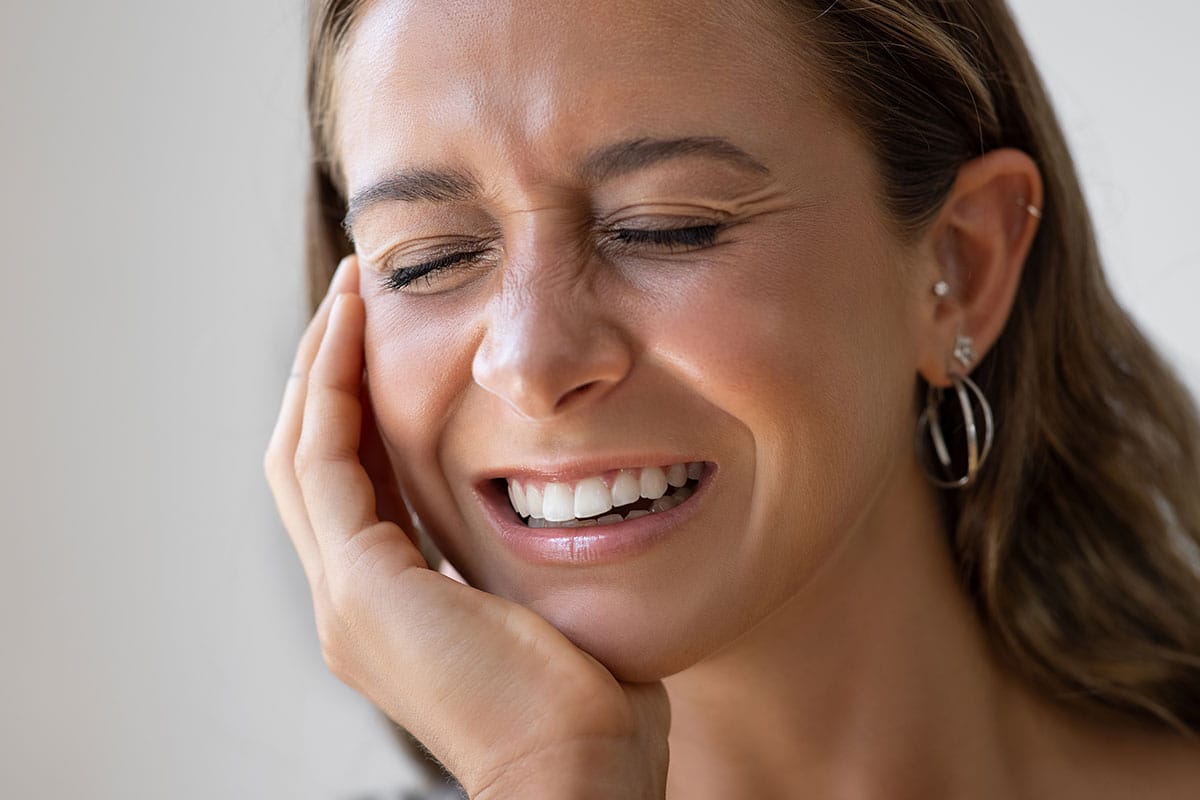Teeth grinding—also known as bruxism—can seriously impact your teeth and overall oral health over time. Here’s what it can do:
1. Wears Down Teeth
Grinding causes enamel to wear away, making teeth flat, short, or chipped. This can also expose the dentin, making your teeth more sensitive to temperature and pressure.
2. Cracks and Fractures
The intense pressure can cause cracks or fractures in teeth. In severe cases, a tooth may break and require a crown, root canal, or even extraction.
3. Gum Recession and Loose Teeth
Chronic grinding can loosen teeth by damaging the surrounding bone and gum tissue, potentially leading to gum recession or even tooth loss over time.
4. Jaw Pain and TMJ Disorders
Grinding stresses the jaw muscles and joints (TMJ), which can lead to pain, headaches, jaw stiffness, and even clicking or popping sounds when you chew or talk.
5. Increased Tooth Sensitivity
With enamel worn away, teeth are more exposed and can become more sensitive to hot, cold, or sweet foods.
6. Aesthetic Issues
Over time, grinding can make your smile look worn, uneven, or prematurely aged.
If you suspect you’re grinding your teeth (especially if you wake up with jaw pain or headaches), a dentist can help with options like a night guard, stress management, or correcting bite issues.


